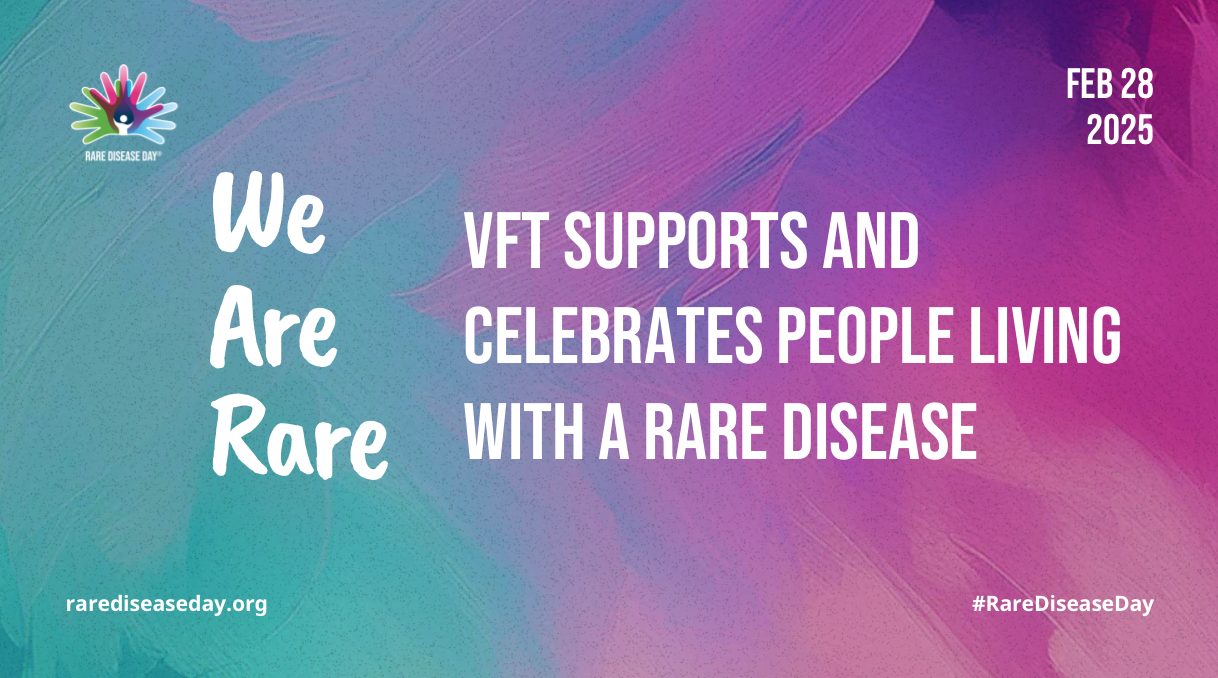Phase 2 Proof-of-Concept Study for ataluren in Nonsense Mutation Aniridia
PTC Therapeutics’ STAR study is a Phase 2 proof-of-concept study of ataluren, an orally administered, first-in-class, protein restoration therapy for the treatment of nonsense mutation aniridia, a rare genetic disorder that results in disruption in the development of the eye.
The STAR study is a multicenter, randomized, double-masked, placebo-controlled study of the safety and efficacy of ataluren in patients with nonsense mutation aniridia over 96 weeks. The primary objective of this study is to characterize the systemic and ocular safety profile of ataluren in aniridia patients.
Ataluren will be studied in patients with a clinical diagnosis of aniridia who are 2 years and older with a body weight equal to or greater than 12 kg and who have a nonsense mutation in 1 allele of the PAX6 gene.
Participating trial sites include University of Virginia; Casey Eye Institute, Oregon Health & Science University and University of British Columbia.
For additional information on the study or if you are interested in being considered for the study, please consult with your doctor and visit this page for trial site contact information.
Previous Updates
Clinical Study Based on Start Therapy
May 7, 2015 (Denver, Col) – In December 2013, The Vision for Tomorrow Foundation proudly announced the funding of the first clinical trial based on START Therapy, which was developed Dr. Cheryl Gregory-Evans, PhD and Dr. Kevin Gregory Gregory-Evans MD PhD at the University of British Columbia.
Following some initial delays, the researchers leading the trial along with PTC Therapeutics confirmed at The Association for Research and Vision in Ophthalmology (ARVO) annual meeting this week that the human clinical study would begin later this year.
The proof-of-concept study has been revised based on the current FDA approvals for the drug being used in the study. Instead of the originally planned topical delivery of the START Therapy, patients will receive TranslarnaTM (ataluren) orally for a period of one year.
The study will take place in the United States and Canada with enrolled patients (children and adults) that have a known PAX6 nonsense mutation.
This is the first-ever pharmaceutical approach for patients with aniridia caused by a PAX6 nonsense mutation. The study was developed to explore the potential prevention and reversal of aniridia-related congenital eye malformations. START Therapy and oral delivery of TranslarnaTM (ataluren) were used in Drs. Gregory-Evans’ ground-breaking study on aniridic mice, published in the December 2013 issue of the Journal of Clinical Investigation. The paper shows the application of the START Therapy drop not only halted disease progression but also reversed corneal, lens, and retinal malformation defects and restored electrical and behavioral responses of the retina.
Frequently Asked Questions
What drug is being used in the study?
The drug being used in the study is TranslarnaTM (ataluren). PTC Therapeutics is generously supplying the patented drug for this project.
Is this drug commercially available?
TranslarnaTM (ataluren) is an investigational new drug in the US and is only available to US patients through clinical trials at this time.
What are the next steps and timeline should this study find TranslarnaTM (ataluren) to be effective in aniridia?
The study will begin later this year and will last for one year. Each patient will serve as his or her own control and will be compared before and after taking the drug. Additional studies will be determined following the outcomes of this phase.
What is a nonsense mutation?
A nonsense mutation (also called premature stop) is a change in one DNA base pair that signals the cell to prematurely stop building a protein. It differs from a missense mutation, which is a single nucleotide is changed to cause substitution of a different amino acid and a non-functioning or less functional protein.
How do I know if I have a nonsense mutation?
Depending on where one had their blood sequenced (i.e. which lab); the results may reference a ‘premature stop’ or ‘nonsense mutation’. If you are unsure how to read your results, call your geneticist.
I don’t have a nonsense mutation. What are my options?
The Vision for Tomorrow Foundation continues to look for research that will improve treatment, prevent complications, as well as improve baseline vision for all individuals with aniridia and the different types of mutations. In order to continue to fund these research projects, we need to fundraise. For a list of all the projects we are currently funding please visit our research page at Visionfortomororw.org
How can I participate in the Pilot study?
To be considered for the study, please consult with your doctor and visit this page for more information and study site contact information.
How can I help?
Because of generous past donors and fundraisers, The Vision for Tomorrow Foundation has been able to support research like this. In order to proceed with similar trials, we need to raise more funds! You can help by donating or fundraising here.



